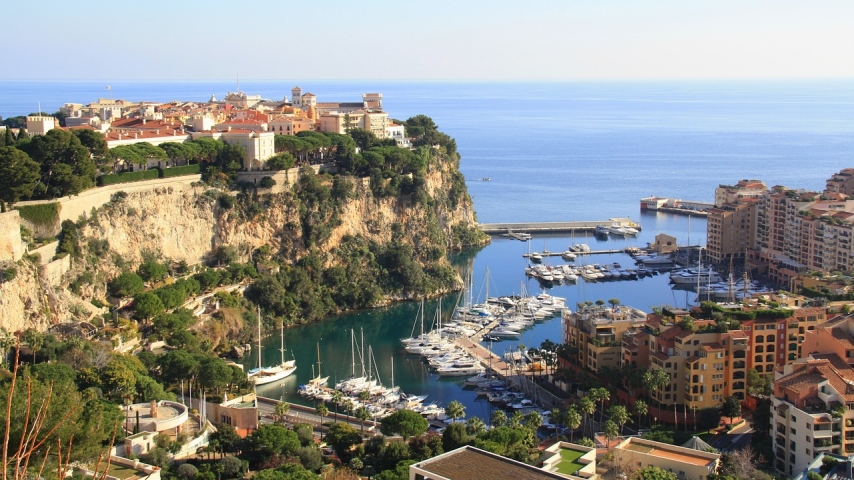
Monaco has taken a decisive step in strengthening its anti-corruption framework with the establishment of a high-level Steering Committee. This initiative aims to address the recommendations put forth by the Council of Europe’s Group of States against Corruption (GRECO) and reinforces the Principality’s commitment to ethical governance.
The announcement, made on 9th December, coincided with International Anti-Corruption Day. Minister of State Didier Guillaume led discussions during a strategic meeting that laid the groundwork for a national anti-corruption strategy and action plan. This comprehensive framework will be implemented from 2025 to 2028, focusing on governance at the executive level and law enforcement practices highlighted in GRECO’s evaluation.
GRECO’s Evaluation and Key Recommendations
In June 2024, GRECO assessed Monaco’s anti-corruption measures, commending initiatives such as the ethics committee, risk mapping efforts, and proposed whistleblower legislation. Despite these achievements, the report identified areas for improvement, calling for more robust laws and mechanisms to ensure transparency and integrity, particularly in high-level governance and public procurement.
Key recommendations include:
- Expanding ethics rules to senior advisers and officials.
- Strengthening conflict-of-interest policies for executive functions, including those of Prince Albert II.
- Enhancing whistleblower protections and transparency in lobbying activities.
- Monitoring the police force, especially in its role regarding residency permits.
A Collaborative Effort
The meeting to establish the Steering Committee brought together Monaco’s top government officials, representatives from the Sovereign Prince’s Cabinet, legal experts, and administrative leaders. These discussions emphasized the importance of tailoring anti-corruption measures to the Principality’s unique institutional framework.
The newly created committee will coordinate legislative reforms and governance practices while ensuring a unified approach to tackling corruption. This initiative continues Monaco’s long-standing dedication to ethical governance and aligns with its broader vision for transparency and institutional integrity.

